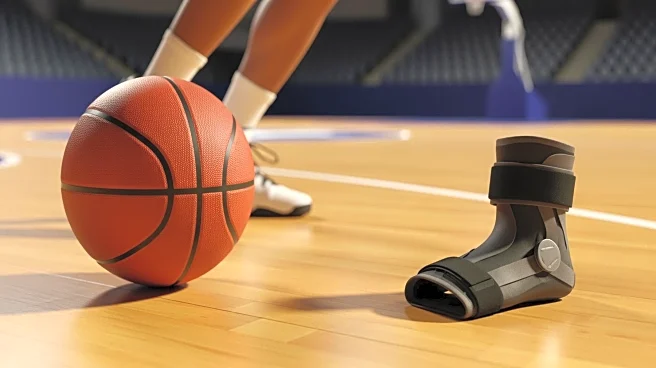TOKYO (AP) — Honda's profit in the last quarter was half of what it was a year earlier, the company said Wednesday, as automakers were hit by 25% tariffs on vehicle exports to the United States.
The Japanese
automaker reported Wednesday that its April-June profit totaled 196.7 billion yen ($1.3 billion), about half of what it earned during the same period the previous year at 394.7 billion yen. Quarterly sales edged 1.2% lower to 5.3 trillion yen ($36 billion).
The Tokyo-based maker of the Accord sedan and Asimo robot revised upward its profit forecast for the full fiscal year through March 2026 to 420 billion yen ($2.9 billion), better than its earlier estimate of 250 billion yen. The improved projection still marks a 50% drop from the previous year's results.
Honda stuck to its forecast to sell 3.62 million vehicles worldwide in this fiscal year.
It said its motorcycle business in Brazil and Vietnam was solid, while North American car sales also remained strong despite headwinds from the tariffs.
The negative impact of the tariffs was estimated at about 450 billion yen ($3 billion), based on “a detailed review,” according to Honda.
The company's auto sales declined year-on-year in Japan, the rest of Asia and Europe. Honda’s quarterly global auto sales totaled 839,000 units, down from 869,000 the same period last year.
Honda also said it posted a one-time expense related to electric vehicles, such as losses related to EVs sold in the U.S. and write-offs for lineup changes.
Eiji Fujimura, Honda's chief financial officer and director, welcomed an agreement between the U.S. and Japan to cut an initially planned 25% tariff on imported autos to 15%. That will work as “a positive” for the company’s business, customers, suppliers and shareholders, he said, even if it's higher than the original level.
Fujimura stressed that Honda has long tried to promote free trade and fair competition around the world to deliver quality products and, in his words, “contribute to the local community.”
“Now we must face up to this new normal,” he told reporters.
___
Yuri Kageyama is on Threads: https://www.threads.com/@yurikageyama
___











